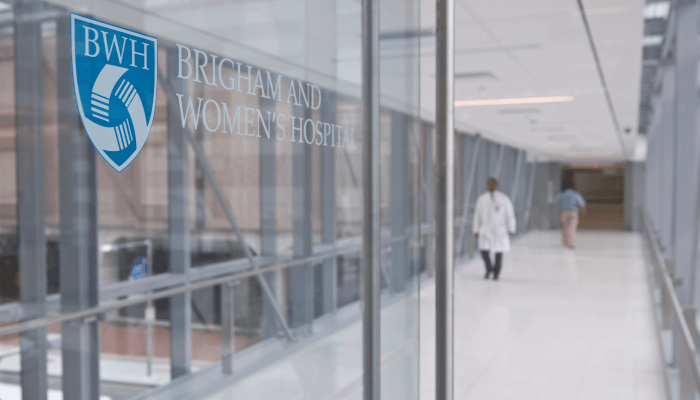A study of 264 small molecule drugs facing generic competition from 2012–2018 (1) found that exclusivity periods were shorter compared with four biologics (14.2 vs 16.6 years). The research team from Brigham and Women’s Hospital also found that exclusivity periods were shorter in cases where the first generic was granted 180 days of exclusivity (14.1 vs 15.9 years) – an incentive designed to expedite generic competition.
Modified versions of existing products, including those with novel routes of administration, therapeutic areas, or use of expedited approval pathways, had shorter exclusives than new drugs, too (9.9 vs 14.5 years). But, in contrast to some previous estimates, the team did not find that exclusivity periods for small molecules were lengthening.
The authors hope the findings will inform policymakers as they consider options to encourage timely competition. Most importantly, they warned in their paper that “Unnecessarily long exclusivity periods delay patient access to lower-priced medications.”

References
- BN Rome et al., “Market Exclusivity Length for Drugs with New Generic or Biosimilar Competition, 2012-2018” (2020). Available at: https://bit.ly/3ij8Vcy.




